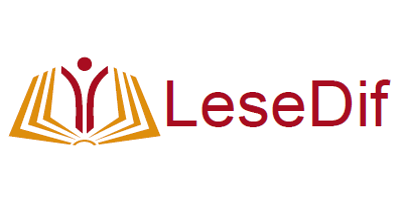LeseDif - Reading literacy against the background of social and cultural diversity: Differential meanings of item, student and instructional aspects in large scale assessments
Focusing reading literacy LeseDif analyses to what extent strengths and weaknesses of children who are socially disadvantaged and those with migration backgrounds are being influenced by (a) motivational characteristics of the learners and (b) quantitative and qualitative characteristics of instruction.
Funding

Project description

The research project LeseDif investigated reading competencies of primary school children in the context of social heterogeneity. The significance of task, pupil and classroom characteristics for the reading performance of fourth grade pupils was analysed using data from the German sample from IGLU 2006.
The effects on the reading performance of children from families with a low socio-economic status and children with a linguistic migration background were considered in particular, since despite common educational goals for all pupils, large differences in performance between the pupil subgroups were regularly reported in the large-scale assessments, among others.
Research and our own preliminary work on differential strengths and weaknesses had shown that especially children from educationally disadvantaged families showed relative deficits in open reading tasks in tests on reading.
Results
However, this pattern could not be replicated for the most part using the IGLU 2016 data set to be processed - with the exception of a specific advantage for children with a more favourable socio-economic background in open compared to closed tasks in literary texts. The further work focused on the theoretically derived motivational conditioning factors and the relevance of quantitative and qualitative characteristics of instruction for the reading competence of pupils at the end of primary school.
On the one hand, the findings provide further scientific insights into explaining frequently reported systematic differences between the reading performance of different groups of pupils and contribute to further concretising theories on pupil- and classroom-related conditional factors of reading on the basis of the findings. On the other hand, the findings on motivational characteristics at the level of the students as well as on quantitative and qualitative aspects of their reading-related instruction with a view to educational practice also provide a basis for the discussion of possible starting points for school-based support in reading-related instruction and targeted interventions.
Lead researcher at IFS
Project management
- Dr. Franziska Schwabe
Project team
- Nicole Kaufmann
- Justine Stang
- Matthias Trendtel






![[Translate to English:] [Translate to English:]](/storages/ifs-ep/_processed_/8/5/csm_AdobeStock_412860748_9a2dbb816c.jpeg)
